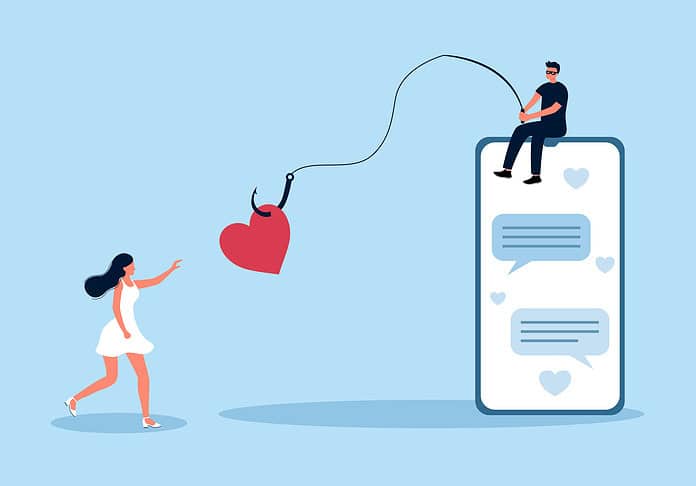We live in an era dominated by technology, where every aspect of our lives is becoming increasingly digital—including our love lives. As social media and dating apps reshape the way we form connections, relationships have evolved in ways previous generations never imagined. How has the digital age influenced modern dating, and how does technology impact how we connect? In this ever-connected digital landscape, modern romance continually reinvents itself, proving that even in a world driven by screens, the human heart remains at the center of our most meaningful connections.
Digital technology is reshaping the way people date and maintain relationships, according to a recent Pew Research Center study titled “Dating and Relationships in the Digital Age.” The study finds that while online platforms help couples stay connected and expand their social circles, they also introduce new challenges ranging from distraction and privacy issues to blurred public and private boundaries.
The research shows that digital platforms have become an essential tool for modern couples. Many respondents reported that constant communication through texts, social media and video calls helps maintain a sense of closeness—even when partners are physically apart. “Facilitated communication is one of the strongest benefits,” the study noted, adding that sharing daily experiences online can foster intimacy.
Online dating apps and social media have also broadened the dating pool, enabling individuals to meet potential partners beyond their immediate geographical area. Approximately 30 percent of U.S. adults have used a dating site or app, with usage more prevalent among younger users. The study suggests that expanded access increases the likelihood of finding a compatible match.
However, the digital age is not without its pitfalls. A significant number of individuals in committed relationships admitted that their partners often become distracted by their phones during conversations. This distraction can lead to feelings of neglect, undermining the quality of face-to-face interactions.
Privacy concerns and trust issues further complicate modern relationships. The study found that 27 percent of internet users in committed relationships had shared an online account password with their partner. While some couples view this as a sign of closeness, it can also lead to conflicts over privacy, especially as personal boundaries are increasingly blurred. Disagreements over what aspects of a relationship should be shared online add another layer of complexity.
The study also revealed demographic differences in how technology impacts relationships. Younger adults are more likely to say that the internet significantly influences their romantic lives, with 45 percent of 18-to-29-year-olds reporting an impact compared to 29 percent of those aged 30 to 49. Additionally, older men reported feeling particularly uncertain about interacting on dates in this digital era.
As digital tools continue to evolve, couples face the dual challenge of leveraging technology to enhance their relationships while reducing its potential downsides—a balancing act that the Pew Research Center suggests is key to maintaining healthy, fulfilling connections in an increasingly connected world. While digital connections might sometimes lead to screen-lit misadventures, today’s couples are crafting their own modern love stories—one text, swipe and shared password at a time.

